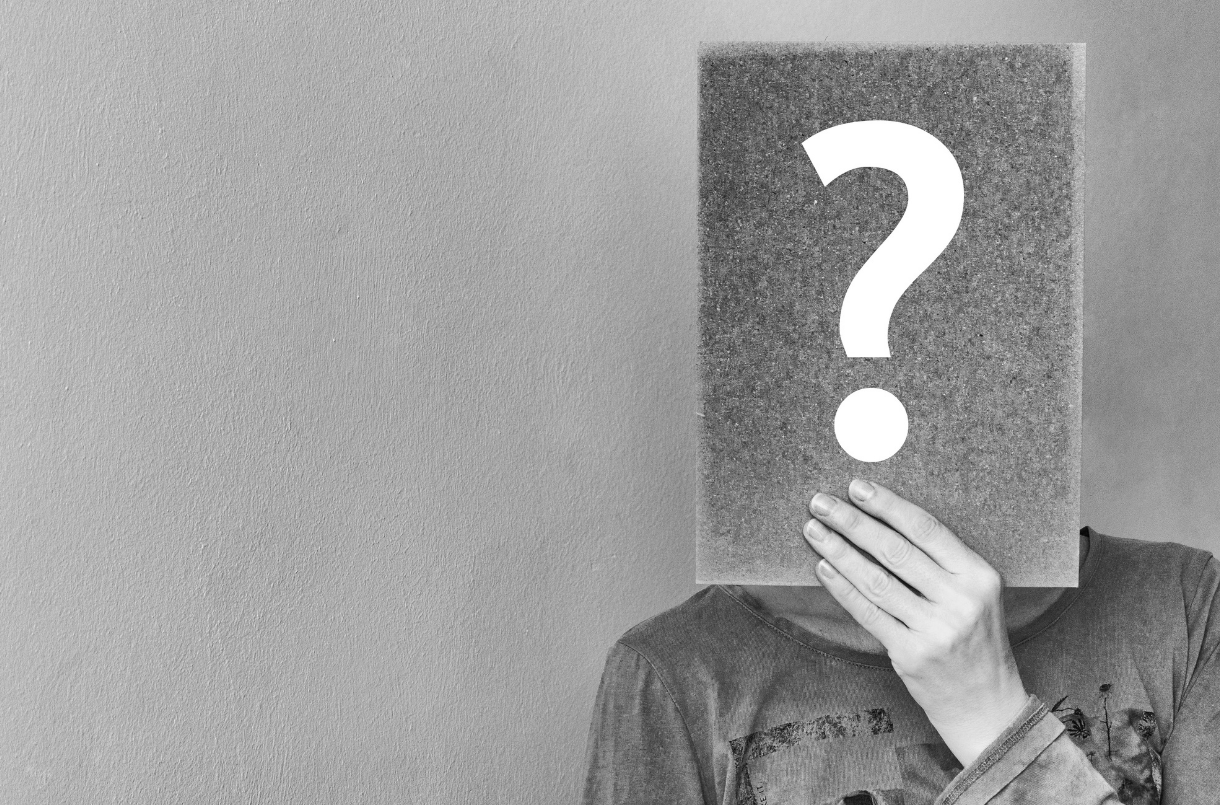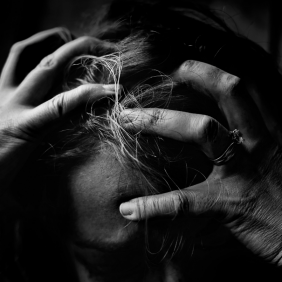Hair transplant, just like any other procedure, entails some risk of complications. Regardless of whether you undergo an open-heart surgery or you are getting your wisdom tooth surgically extracted, there is always a risk of failure or experiencing undesired side effects. It is no different for a hair transplant, but the risk of a failed transplant is … close to zero!
The procedure is likely to be successful, if…
There are a couple of simple rules that might serve as a passport to success. First of all, for the hair transplant procedure to be successful, it should be performed by an experienced doctor. Please remember, that for transplants there are no exceptions to this rule. The vast majority of complications related to the procedure results from a limited experience of the surgical team, thus selecting the right doctor is of the utmost importance. Before the procedure, a detailed medical interview is performed together with, if needed, a series of various tests. Correct medical consultation constitutes a very important element as it allows for eliminating possible contraindications for the procedure. Already at this stage the surgeon needs extensive knowledge and experience, and there is no place for any, even the smallest, mistake. Any erroneous qualification would without any doubt reflect on the final effect. It’s just like when you build a house: you need solid foundations for the house if it is to stand the test of time. If the doctor finds no contraindications for the procedure, the transplant should be successful.
Hair transplant and life after the procedure
We are already familiar with the factors that can negatively influence the procedure, but is there anything that can go wrong during the transplant or just after its completion? The most frequent risks during the procedure include damage to the hair follicle at the preparation stage, incorrect follicle storage between harvesting and implantation, and too long duration of the procedure. There are many years ahead of you with your “new” hair, thus during the procedure, the doctor needs a lot of precision in shaping your hairline and adapting it to your age and gender. If at this stage the practitioner performing the procedure does not show sufficient precision, and thus the follicles get implanted at a wrong angle, the growing back hair will look unnatural. More details on incorrectly performed hair transplants and unpleasant consequences that patients might cope with have been described in a post entitled “Consequences of a failed hair transplant”.
Can my body reject the transplant?
Transplant of your own follicles does not entail any rejection risk. Your body will easily cope with adaptation to the new situation and the implanted tissue is your own. You need to be aware of possible risks, but please bear in mind that if the procedure is performed by an experienced doctor, the risk of any failure is close to zero.



